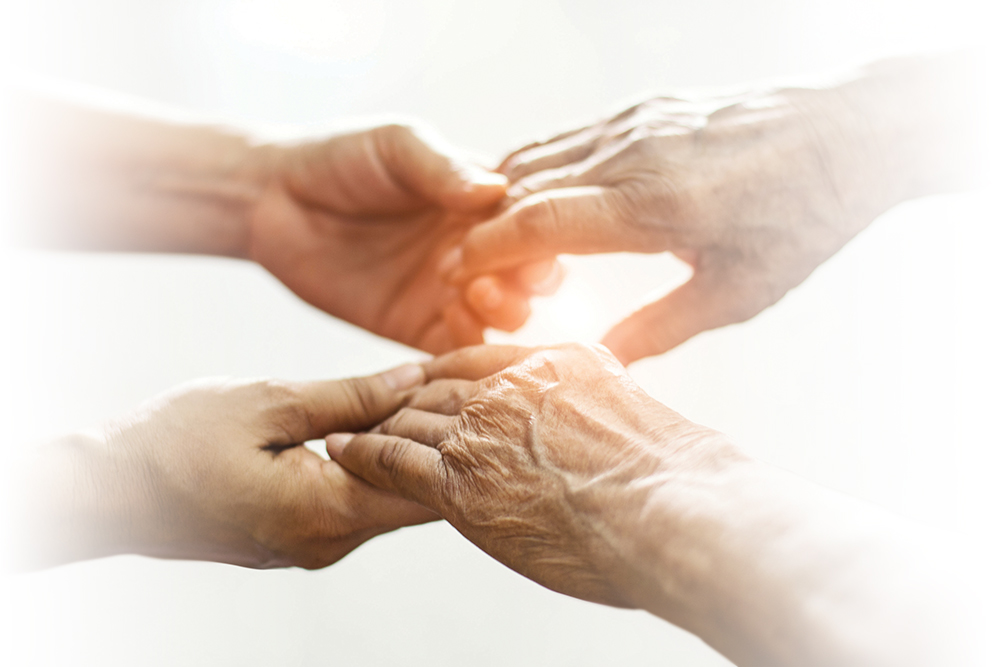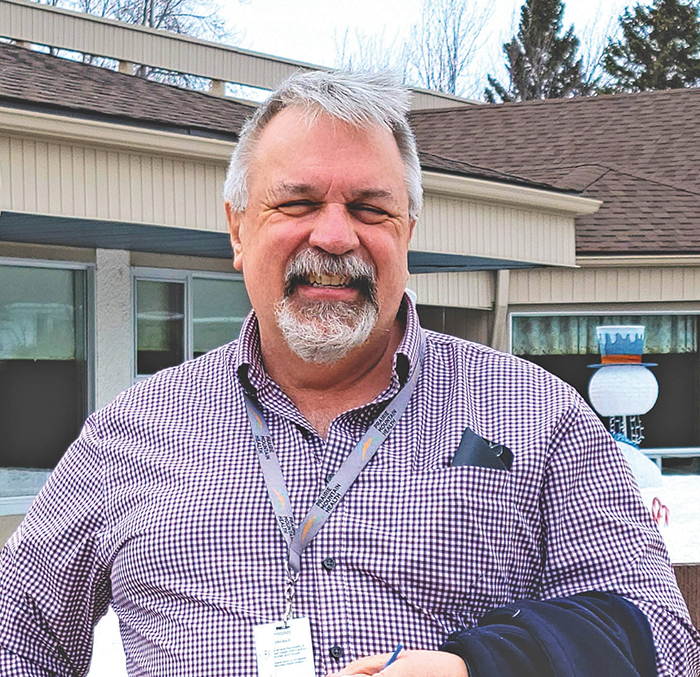Mental health resource nurses play pivotal role in COVID care
Advertisement
Read this article for free:
or
Already have an account? Log in here »
To continue reading, please subscribe:
Monthly Digital Subscription
$0 for the first 4 weeks*
- Enjoy unlimited reading on winnipegfreepress.com
- Read the E-Edition, our digital replica newspaper
- Access News Break, our award-winning app
- Play interactive puzzles
*No charge for 4 weeks then price increases to the regular rate of $19.00 plus GST every four weeks. Offer available to new and qualified returning subscribers only. Cancel any time.
Monthly Digital Subscription
$4.75/week*
- Enjoy unlimited reading on winnipegfreepress.com
- Read the E-Edition, our digital replica newspaper
- Access News Break, our award-winning app
- Play interactive puzzles
*Billed as $19 plus GST every four weeks. Cancel any time.
To continue reading, please subscribe:
Add Free Press access to your Brandon Sun subscription for only an additional
$1 for the first 4 weeks*
*Your next subscription payment will increase by $1.00 and you will be charged $16.99 plus GST for four weeks. After four weeks, your payment will increase to $23.99 plus GST every four weeks.
Read unlimited articles for free today:
or
Already have an account? Log in here »
Hey there, time traveller!
This article was published 17/07/2022 (1240 days ago), so information in it may no longer be current.
Incorporating mental wellness supports into the development of care plans for personal care home residents in Prairie Mountain Health (PMH) has been a significant focus throughout the COVID-19 pandemic.
These supports are thanks to a specialized group of mental health resource nurses (MHRNs) whose expertise in psychiatric and mental health services for long-term care residents, including those with cognitive disorders, has made a marked difference to the isolation experienced by residents during periods of visitor restrictions and limits placed on group activities and interactions.
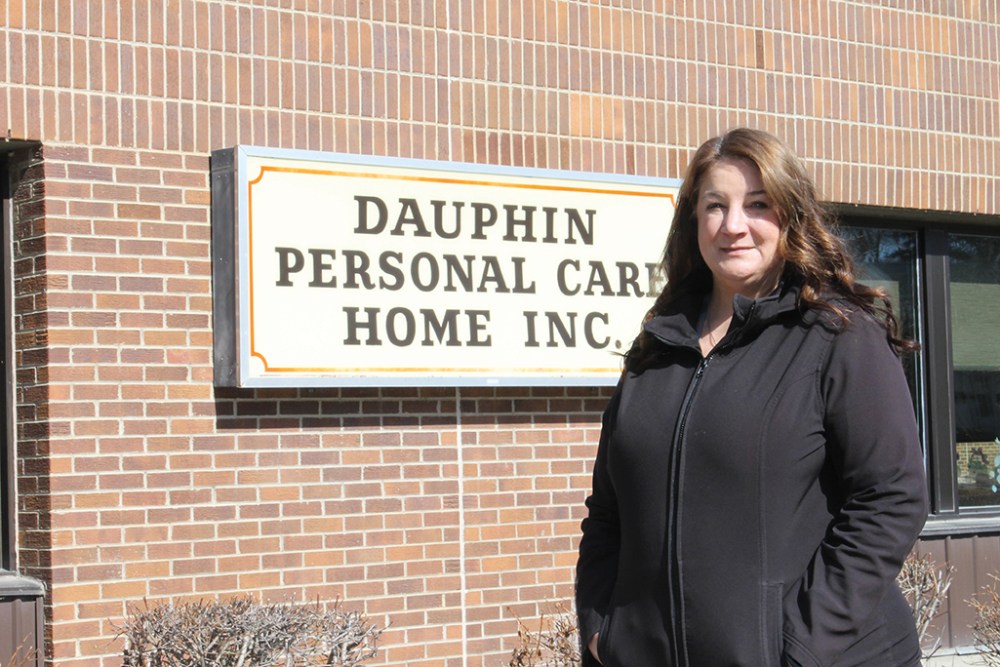
The team, made up of 15 nurses distributed throughout the region, works under the leadership of Christine Miner, manager of mental health for PMH.
“The team has stepped up in so many ways, supporting residents during isolation and offering assistance to staff adapting to new ways of working in the pandemic,” says Miner, who is also a registered psychiatric nurse. “In many cases, they have also stepped into direct care roles to assist when their help was needed.”
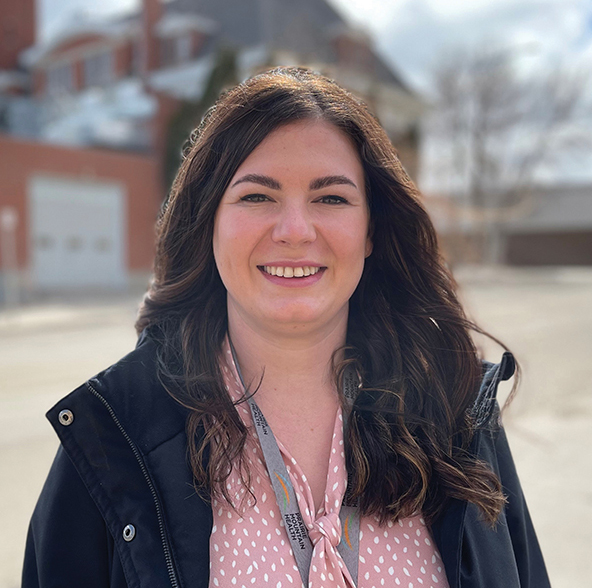
Michelle Janz, MHRN client care co-ordinator, says mental wellness supports not only limited the feelings of social isolation and the disruption of routines for residents, they also kept families informed and connected to their loved ones.
“Ensuring residents were able to connect with family was an important part of efforts to help ease feelings of isolation,” Janz says. “We were also often a reassuring voice for families, assisting with daily calls to provide updates on the residents’ condition, particularly important when visitation was limited or the site was in an outbreak.”
Outbreaks were a very real event during the pandemic’s various waves, making the efforts of the MHRNs both welcome and extremely impactful.
“Every single MHRN’s site has declared an outbreak over the past two years,” Janz says. “During those events, maintaining connections was really important. Something as small as a visit, interaction and smile — despite the masks — meant so much to residents and the team.”
For residents, particularly those with cognitive disorders, an outbreak — and changes required to manage it — created significant confusion, adds MHRN team member John Cail.
“Validation of that confusion and empathy for a resident struggling to understand it are key elements of keeping the resident at the centre of the care we provide,” says Cail, who assisted at eight different sites experiencing outbreaks. That experience, he says, impressed upon him the benefits of establishing a small routine when possible.
“Often, just the active presence of a partner for something as simple as walking can help ground the resident to person, place and time while instilling hope that things will go back to normal,” Cail says.
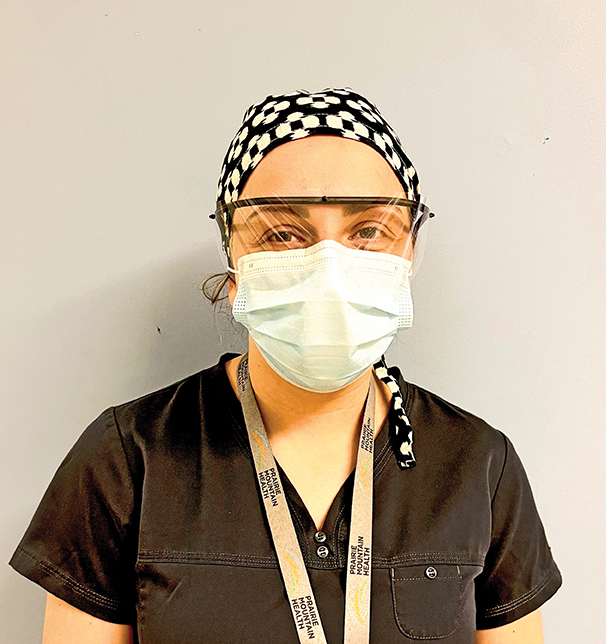
Instilling hope and restoring a sense of normal often involved the use of innovative ideas and activities organized with a pandemic-specific twist, adds Sylvie Lesage, an MHRN based out of Glenboro.
“Thinking outside the box, at times, was necessary. We worked with the dietary services team to include a ‘joke of the day’ on meal trays to keep spirits up.”
Other activities, when visitor access was most limited, included staff helping with services such as haircuts, schools parading in their Halloween costumes outside residents’ windows, and communities organizing greeting cards to be sent to residents.
The team — and the residents they care for — will not forget the feeling of community and teamwork that lifted them up and gave a necessary boost during difficult times. Similarly, the community is not likely to forget the many nurses and other health-care workers who have answered the call each and every day.
“We cannot express enough thanks to nurses and all health-care providers for the dedication, commitment and compassion they have brought to work every day,” Miner adds.


